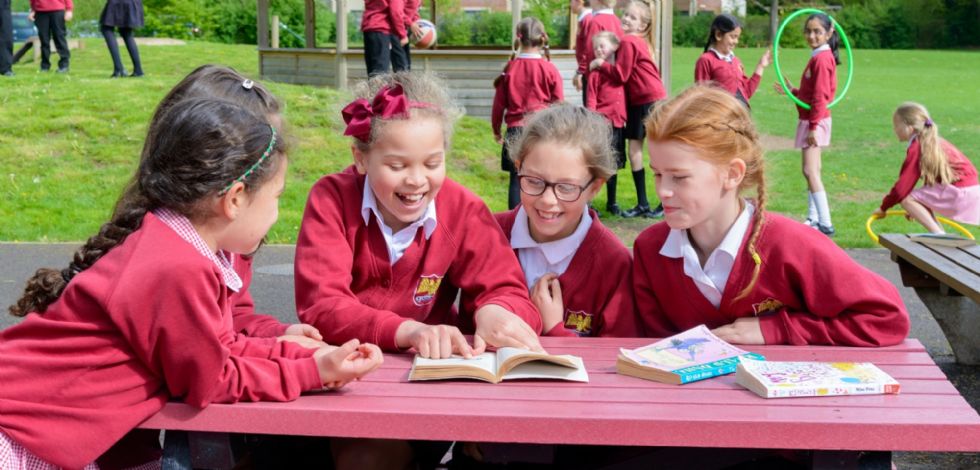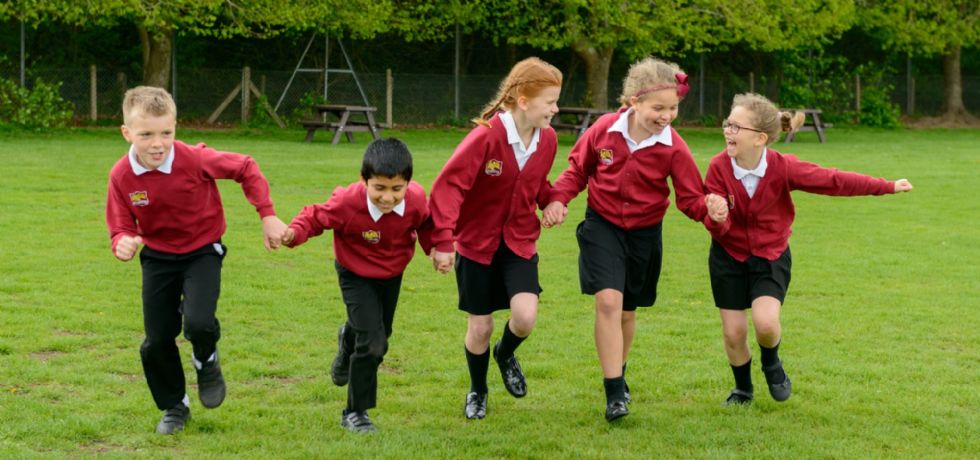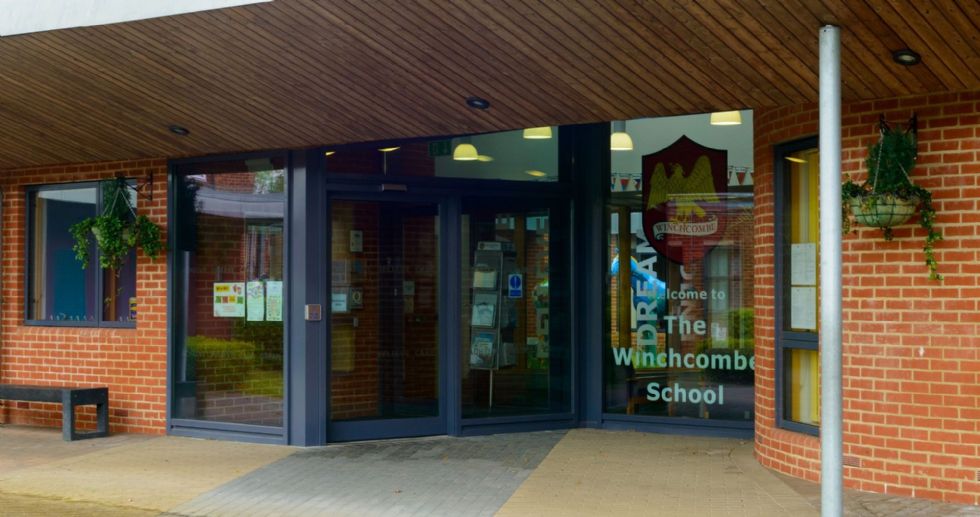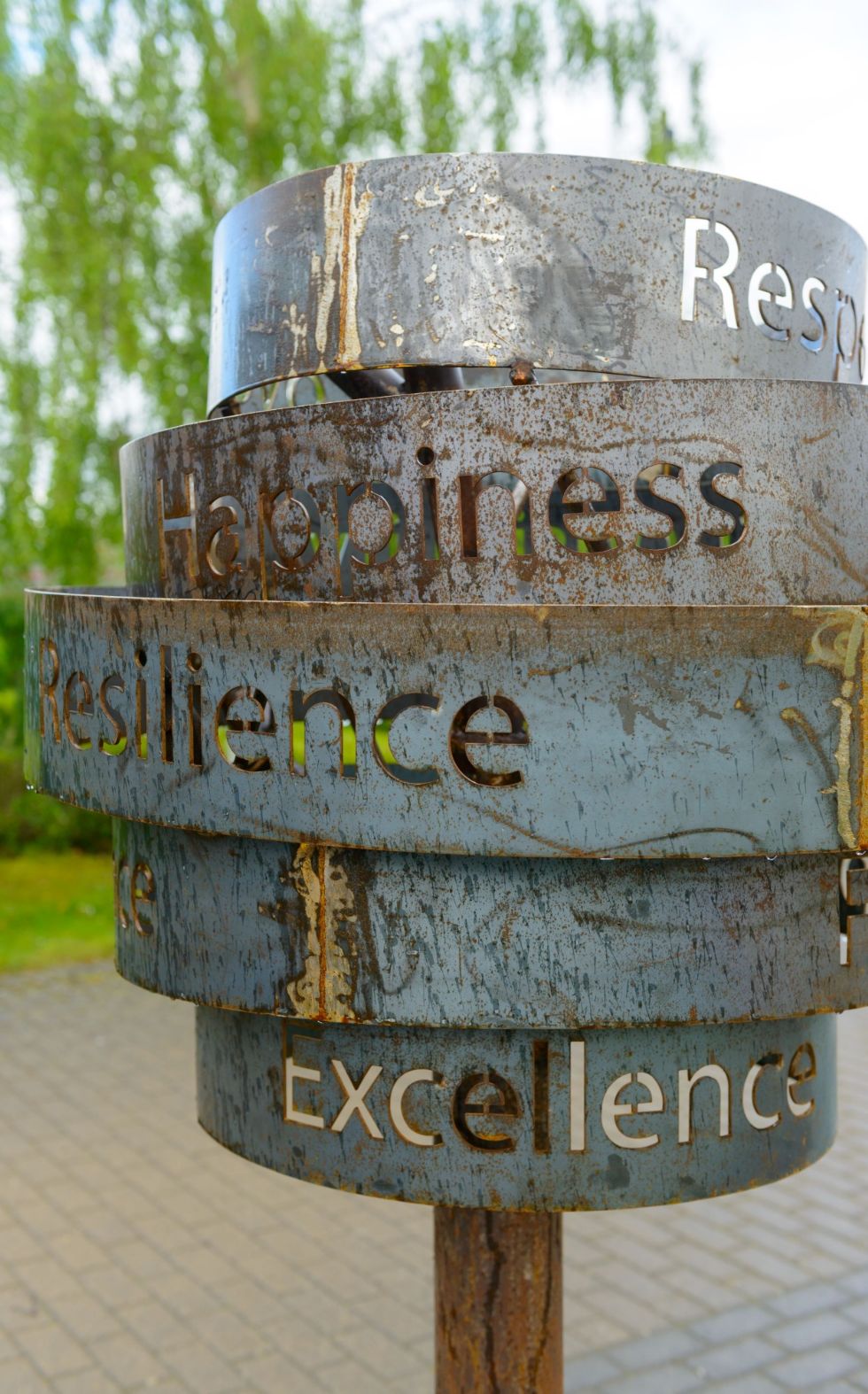Geography
What is our Philosophy?
At The Winchcombe School we believe that Geography provides a means of exploring, appreciating and understanding the ever-changing world in which we live and how it has evolved. It helps to provoke and answer questions about the natural and human world, encouraging children to develop a greater understanding of their world and their place and responsibility within it. We aim to inspire curiosity in children by giving them the key knowledge to be able to discover and build understanding.
What is taught?
Our Geography curriculum has been designed to embrace the richness and diversity of Newbury and compare it with other contrasting localities. Children are taught key technical vocabulary, an understanding of locational and place knowledge and of human and physical features. We use our surrounding area to enable our children to develop their geographical skills such as map work, use of a compass and grid references.
How is it taught?
Geography is sequentially taught in units each term across the school through: local fieldwork, research and studies on regional, national and global levels.
How is progress measured?
Progress is assessed each year against the following aspects:
- Locational and Place Knowledge
- Physical and Human Geography
- Geographical Skills and Fieldwork
What does success look like at The Winchcombe School?
By the end of Year 6 children will:
- Understand the location and position of different places as well as the scale of them within the world.
- Develop a curiosity and fascination towards diverse places, people, resources and natural and human environments.
- Understand and compare the human and physical features of the world and the influences of human and physical activity on ways of living from local, regional, national, international and global perspectives.
- Understand the physical world: land, water, air and ecological systems and the processes and patterns that bring about change in them.
- Understand how we question, collect, evaluate and record during geographical investigation to communicate geographical information and develop questions about the world.






